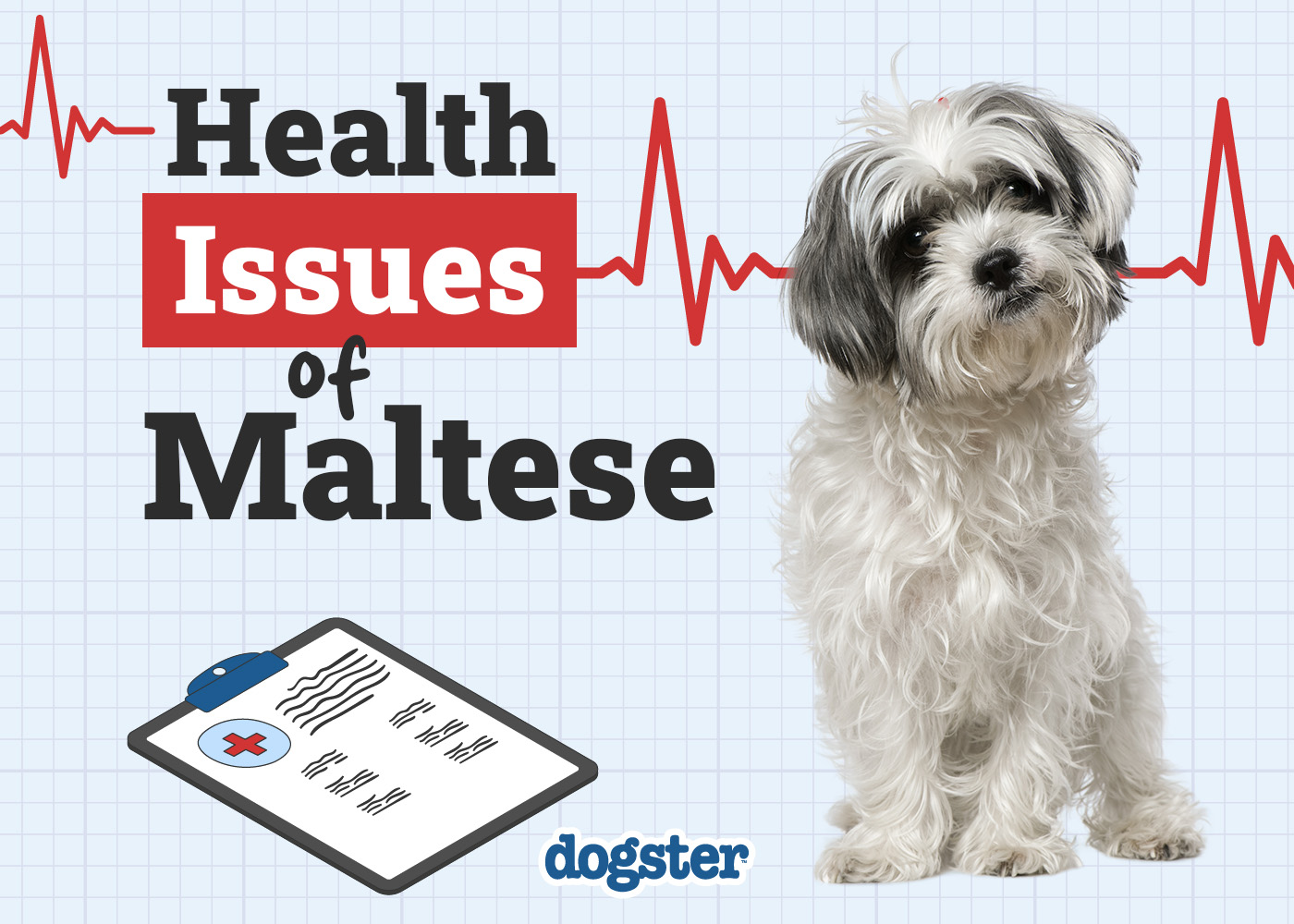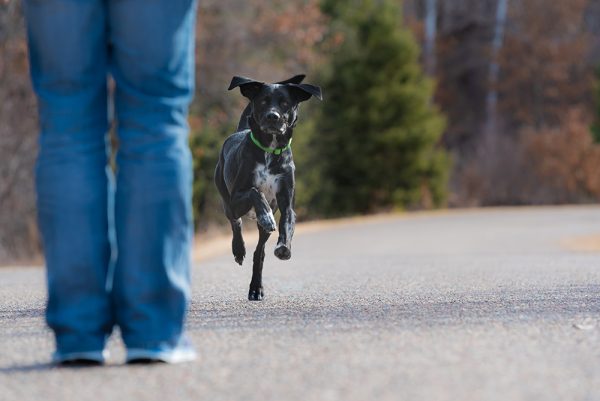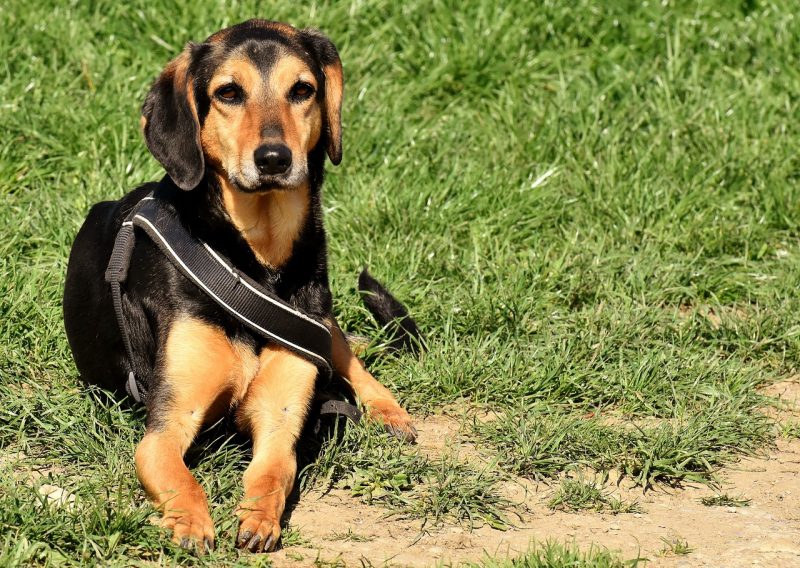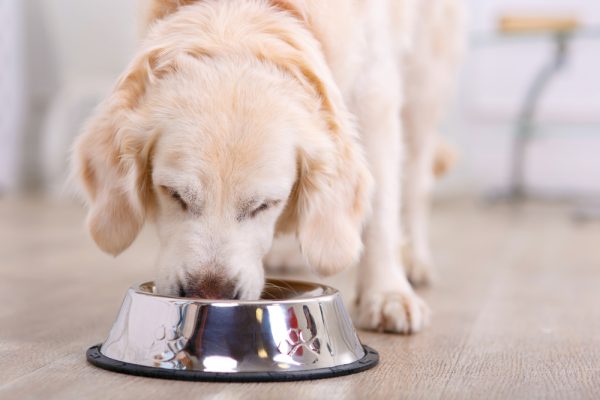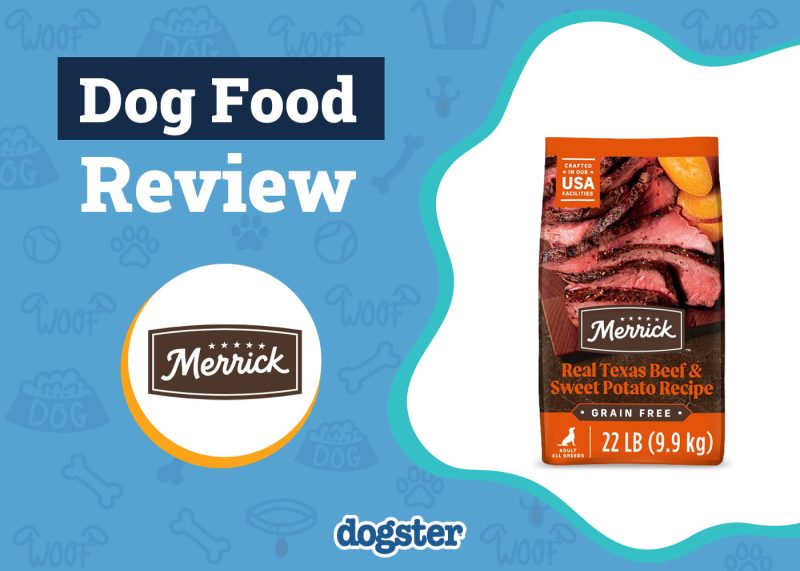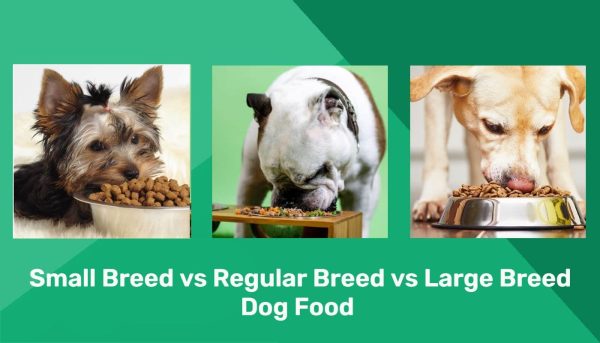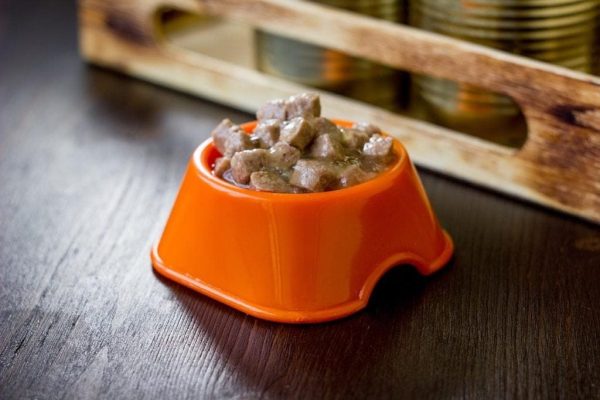Maltese dogs are adorable little furballs who have been favored by royalty and average owners alike over the years. They are known to have originated from the island of Malta in Italy, hence their name. Maltese dogs are small, energetic, and playful dogs that are considered hypoallergenic, making them a preferred breed for owners with allergies.
Maltese dogs are a generally healthy breed with a lifespan of more than 12 years. However, just like most dogs, Maltese can be at risk for various health complications. Below, we’ll discuss 12 common health problems you must watch out for in your Maltese!

The 12 Common Health Problems in Maltese Dogs
1. Obesity
Like all dogs, Maltese can be at risk for obesity. The Maltese is a small breed; they need less exercise and a smaller amount of food throughout the day. Because of this, it is easy to get carried away and overfeed your Maltese. Obesity can put your dog at risk for a variety of health complications in the long run, such as diabetes, cardiovascular problems, and even muscular and skeletal problems.
Exercise, in combination with a healthy and balanced diet, can prevent health complications, including obesity. Maltese dogs require about 20–30 minutes of exercise a day.
2. Dental Issues
Most small breeds are susceptible to dental issues, and the Maltese is no exception. Tartar and plaque can easily build up on their teeth if their mouths are not kept clean. Tooth decay and bacterial build-up can even enter the bloodstream, causing other infections. Some Maltese dogs can even lose their teeth at an early age!
Proper dental hygiene is recommended. High-quality dental treats can keep their teeth and gums healthy and even serve as a training reward. However, brushing your dog’s teeth at home and visiting the veterinarian for professional cleaning when they’re old enough is also vital.
3. Collapsed Trachea
Collapsed trachea is a common issue in toy dog breeds caused by weak or damaged tracheal rings, resulting in collapse. The trachea, commonly known as the windpipe, consists of rings of cartilage that hold the pipe open for air to pass. If these cartilage rings are damaged or weak, they will collapse and result in dry coughs and difficulty breathing.
This condition is known to be genetic or idiopathic and can be treated through medication and preventive care. Like asthma, it is important to consult your veterinarian immediately after observing signs of breathing difficulties.
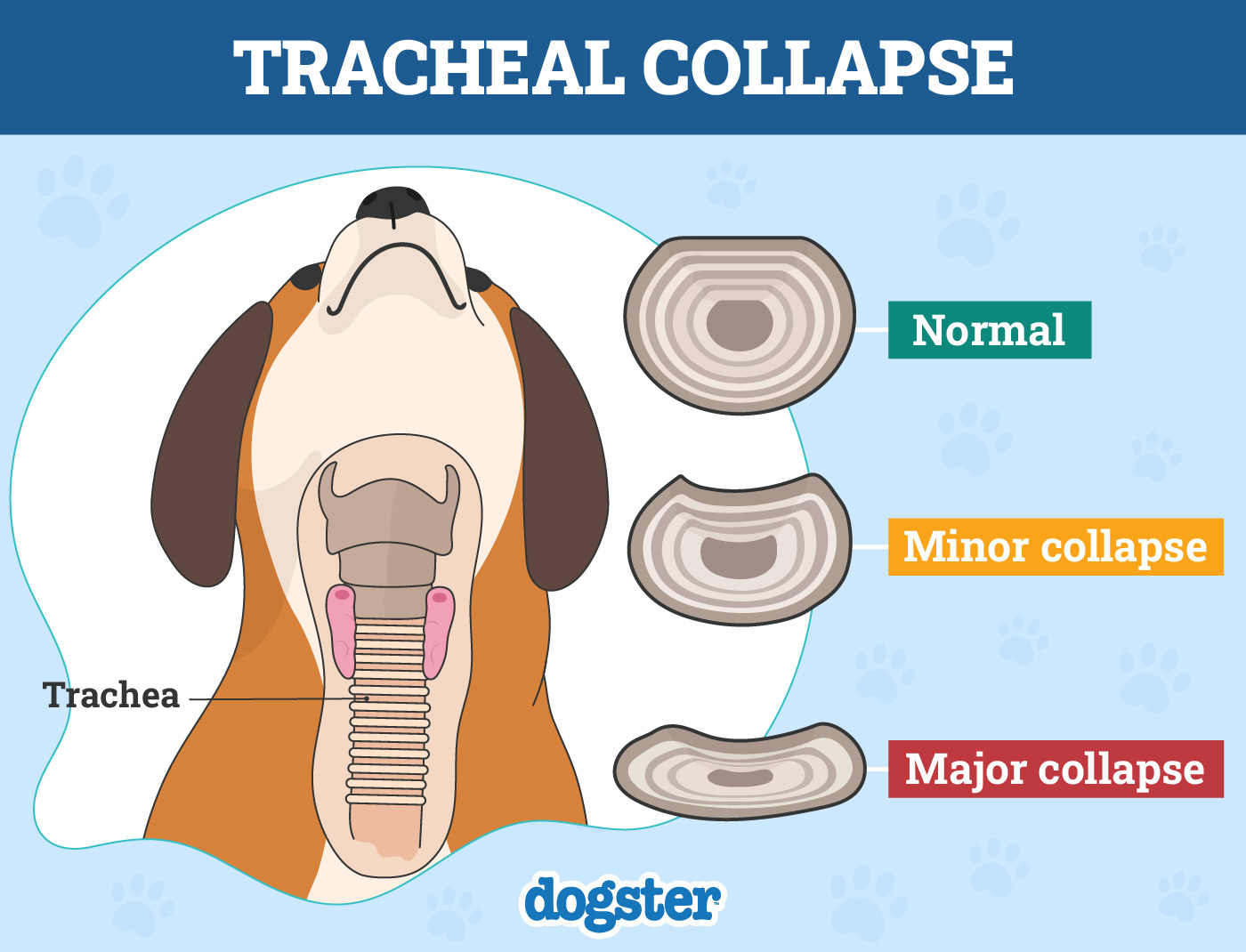
4. Canine Asthma
Maltese dogs can be at risk for several respiratory issues that cause difficulty breathing, and the most common cause is canine asthma. Canine Asthma is also known as allergic bronchitis, which is the constriction of the airway due to inflammation. This is triggered by environmental allergens and is more common in smaller dogs than larger dogs. If your Maltese has asthma, you may observe them wheezing, coughing, and experiencing laborious breathing.
Asthma is not known to be fatal if it is detected and proper medication is prescribed as soon as the signs are shown. However, it’s crucial to contact your veterinarian immediately if you observe your Maltese showing signs of difficulty breathing.
5. Aberrant Cilia
Aberrant Cilia, to put it in simple terms, is the abnormal growth of eyelashes. If the growth of these eyelashes is left unchecked, they can eventually grow into your Maltese’s eye and cause pain and corneal ulcers. This can potentially damage their eyesight and must be treated immediately to prevent further damage.
Treatment for the abnormal growth of the eyelash can include eradicating the faulty eyelashes at the level of the follicle through a process similar to electrolysis. Anti-inflammatory and pain medication can be prescribed for corneal ulcers to ease your Maltese’s discomfort while the abrasion heals.

6. Progressive Retinal Atrophy
Another eye problem that Maltese dogs can experience is progressive retinal atrophy, a degenerative eye condition. This inherited or genetic condition involves the progressive deterioration of the retina, which contains the eye’s photoreceptors, eventually leading to blindness. Progressive retinal atrophy is considered an autosomal recessive genetic condition, which means the recessive gene can be inherited from both parents.
To date, there is currently no gold standard of treatment for this condition. Although not proven effective, veterinarians can prescribe vitamins and supplements to help prevent the progression of this disease upon diagnosis. Proper exercise and a healthy diet are also recommended.
7. Heart Failure
Poor diet, lack of exercise, and old age can lead to congestive heart disease in Maltese dogs. Congestive heart disease can lead to failure when the blood circulation is halted due to the difficulty of the heart in pumping blood to the body.
A healthy diet and exercise can prevent congestive heart failure in your Maltese, so be sure to maintain a healthy lifestyle to ensure a healthy heart!
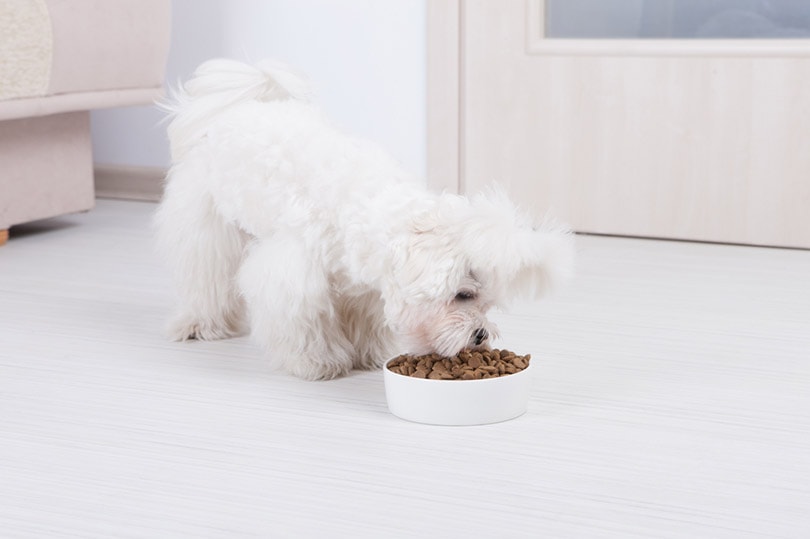
8. White Dog Shaker Syndrome
White Dog Shaker Syndrome is a neurological health condition primarily affecting white dogs, including the Maltese. It is characterized by tremors and uncontrollable shaking of the dog’s body. It is thought to be a mild central nervous system disease and is also considered hereditary and autoimmune, although it has not yet been established.
Treatment for White Dog Shaker Syndrome involves corticosteroids to reduce the inflammatory response of the body causing the tremors.
9. Luxating Patella
Like other breeds, like the Chihuahua and the Pomeranian, the Maltese is predisposed to experiencing luxating patella. Luxating patella is a condition on a dog’s knee characterized by malformation of the knee bones, causing the kneecap to slip and out of place.
Mild cases of luxating patella can simply slide back in place, but more severe cases may require surgical intervention.
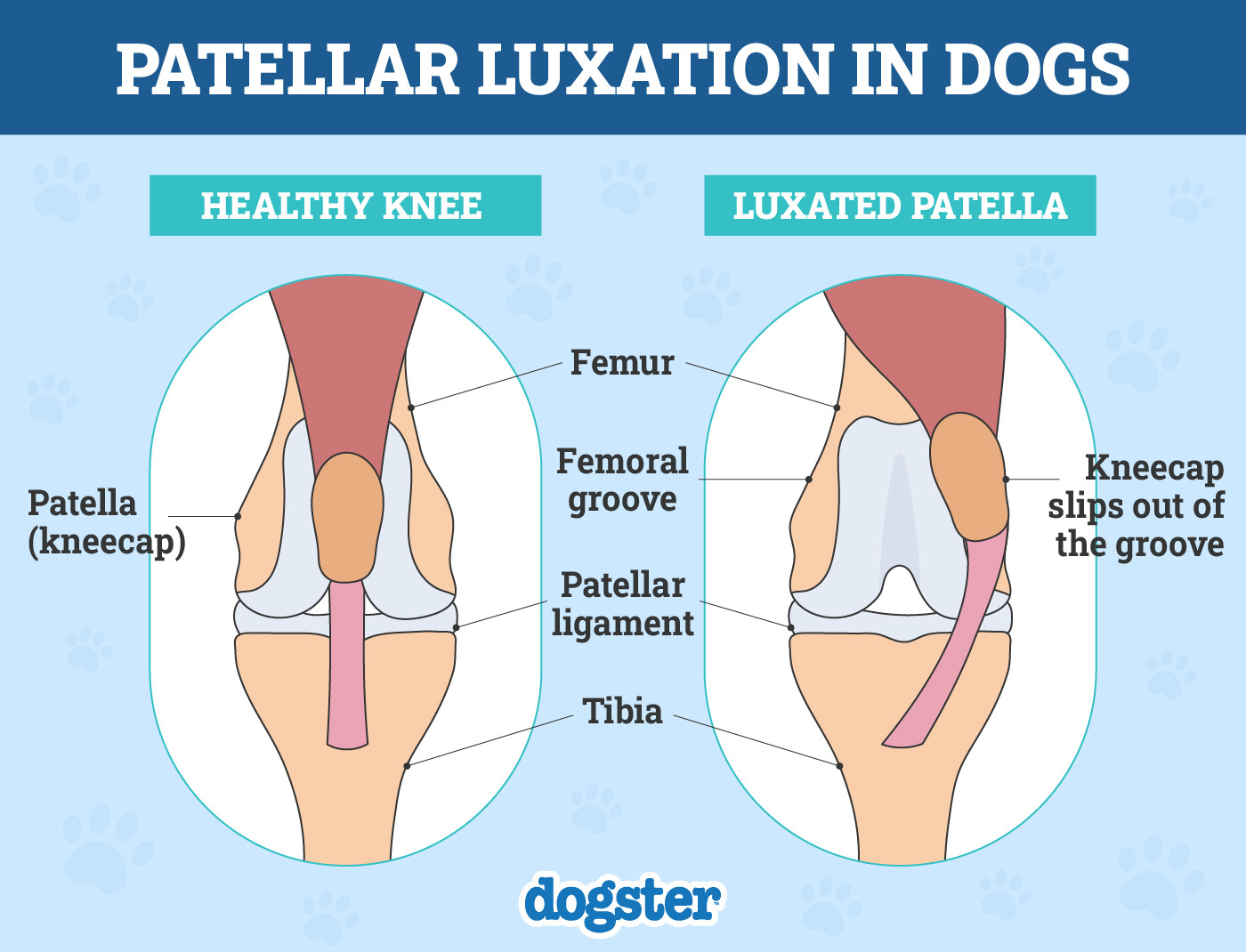
10. Colitis
Colitis is quite common among Maltese but is not considered a cause for alarm. It is the inflammation of the large intestine that can cause diarrhea or dark stools with blood. It can be treated by increasing fiber intake and following a healthy diet.
Consultation with a veterinarian is recommended for proper diagnosis and further intervention if the colitis is caused by an underlying condition.
11. Liver Shunts
Portosystemic shunts, more commonly known as liver shunts, is a congenital disease that affects blood flow into the liver. These shunts are characterized by abnormal connections of blood vessels, which disallows blood to enter the liver for filtration of metabolic wastes.
The signs of liver shunts can include poor growth, poor appetite, weight loss, dehydration, vomiting, and diarrhea. More severe cases can include signs of disorientation and seizures.
12. Bladder Stones
Maltese dogs are also at risk for bladder stones, which are the formations of crystal-like minerals in the urinary bladder. These stones can range from singular to multiple and vary in size. Clinical signs can include difficulty urinating and, in more severe cases, blood during urination.
Upon consultation, your veterinarian can recommend surgical removal, urohydropropulsion, and dietary dissolution, depending on the severity of the case. Proper hydration and a healthy diet are recommended to prevent bladder stone build-up.
Remember to have regular vet visits when owning a Maltese to keep their health and well-being. If you’re concerned about your dog’s health we suggest you speak to a vet.
If you need to speak with a vet but can't get to one, head over to PangoVet. It's our online service where you can talk to a vet online and get the advice you need for your dog — all at an affordable price!

Final Thoughts
The Maltese, while a generally healthy breed, are predisposed and at risk for a variety of health conditions. As owners of these adorable pups, it is important to take precautions should your Maltese develop any of the previous conditions. Proper exercise, hydration, a healthy and balanced diet, and routine check-ups are important to ensure your Maltese stays healthy and happy!
Featured Image Credit: Creativa Images, Shutterstock
